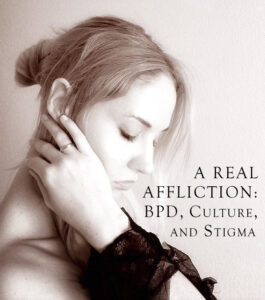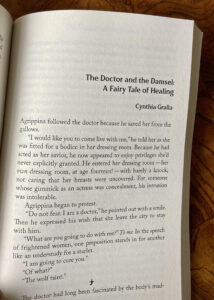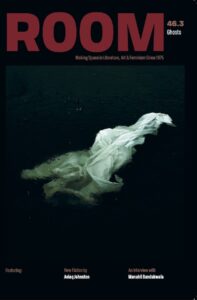
Happy new year! I hope yours is filled with joy, well-being, compassion, and self-discovery.
This April, I will be launching an interview podcast called A Real Affliction: BPD, Culture, and Stigma. It will explore how we live with, treat, advocate for, write about, and conceptualize borderline personality disorder, as well as common co-occurring challenges like complex PTSD and substance use disorder, all of which I’ve experienced. My guests and I will also discuss how literature, film, television, art, philosophy, the history of medicine, feminist and disability studies, nature, and bioethics reflect, illuminate, and impact the experience and cultural perceptions of BPD. If you have experience or expertise that would fit the podcast’s focus and would like to be interviewed, please feel free to reach out to me at cynthiagrallabooks@gmail.com.












